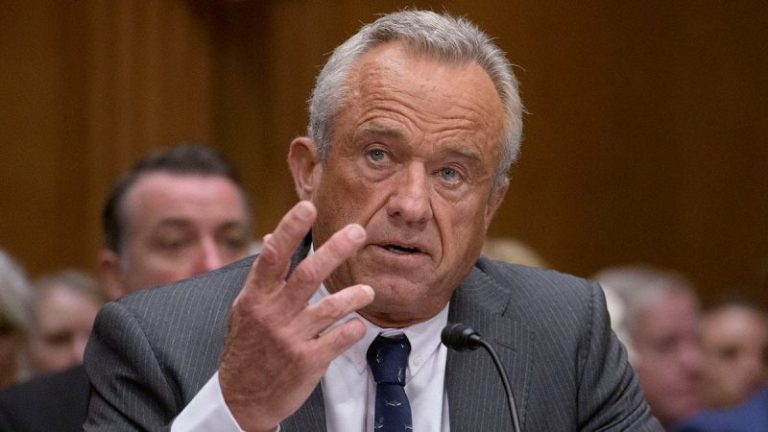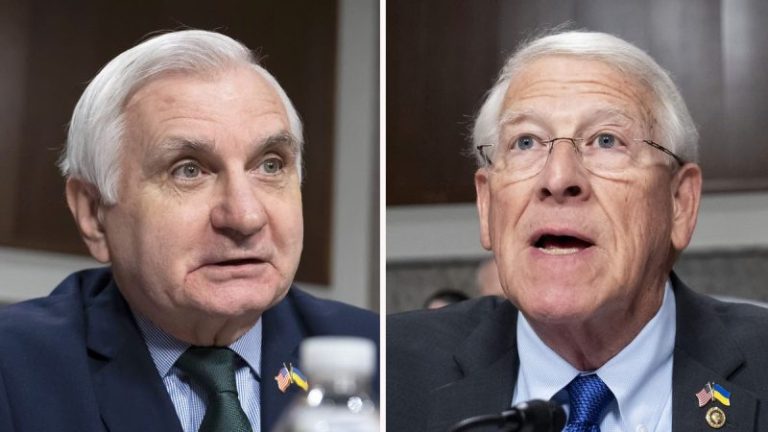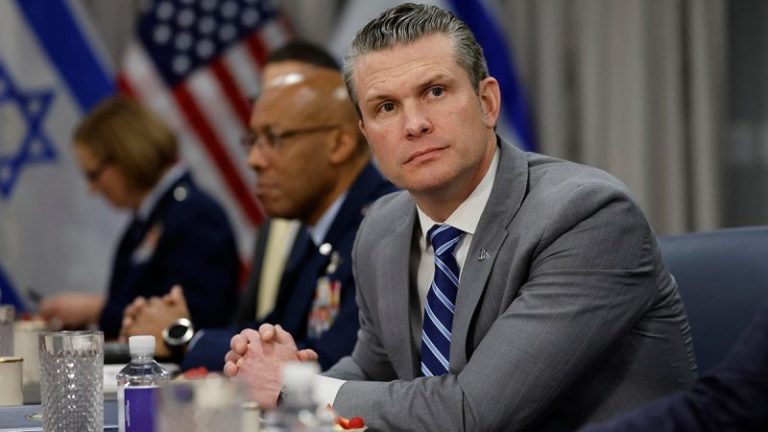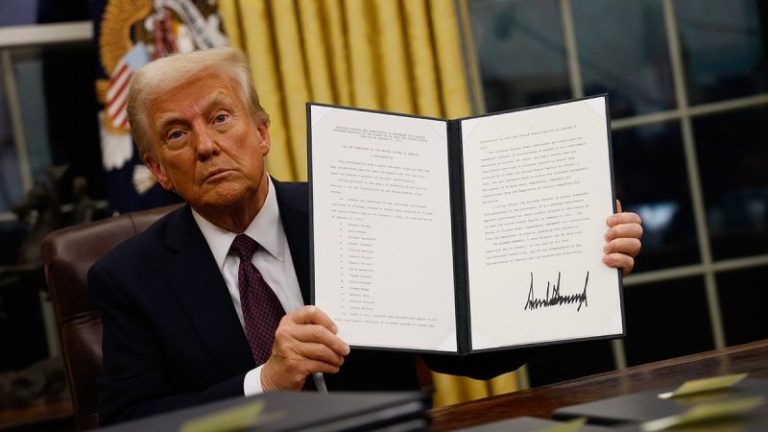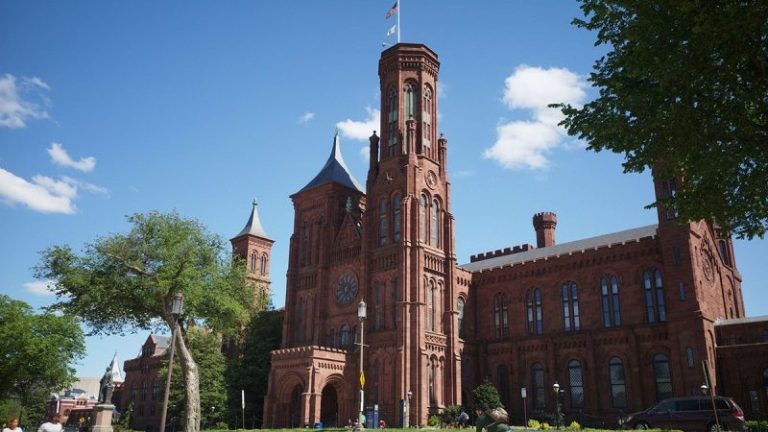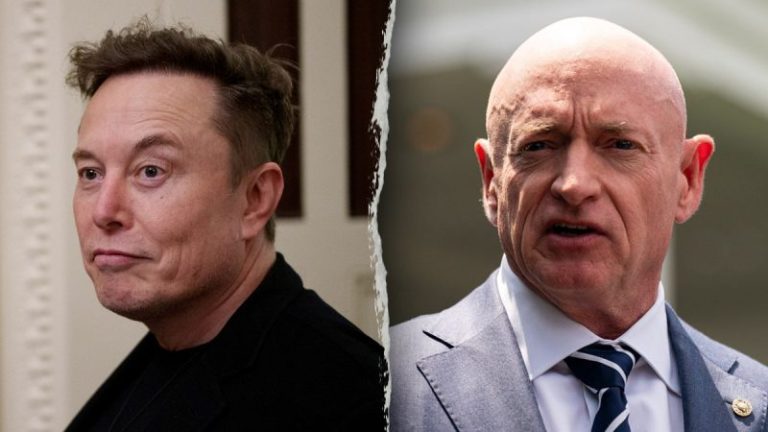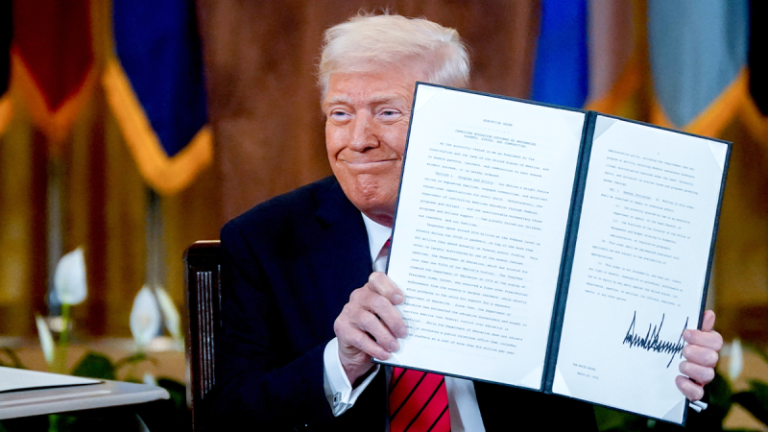India has emerged as a growing player in the illicit fentanyl trade, a new US intelligence report says, a designation likely to raise alarm in New Delhi as President Donald Trump wields tariffs on countries he accuses of not doing enough to stop the deadly drug from flowing into the United States.
Fentanyl, a powerful synthetic opioid that can be 100 times more potent than morphine, is the most common drug involved in overdose deaths in the US – fueling an opioid crisis that has become a high-priority issue for the Trump administration.
For many years, China has been the largest source of both legal supplies of the drug – which is prescribed for severe pain relief – and illicit supplies of precursor chemicals that are typically processed in labs in Mexico before the final product is smuggled across the US border.
But India’s role in the illegal trade is becoming more prominent, according to the 2025 Annual Threat Assessment (ATA) report published by the Office of the Director of National Intelligence this month.
“Nonstate groups are often enabled, both directly and indirectly, by state actors, such as China and India as sources of precursors and equipment for drug traffickers,” the report said.
“China remains the primary source country for illicit fentanyl precursor chemicals and pill pressing equipment, followed by India.”
Last year’s ATA report named India as among countries other than China where Mexican cartels were sourcing precursor chemicals to a “lesser extent.” The 2023 report made no mention of India in relation to fentanyl.
India is a global leader in generic drug manufacturing, supplying a significant portion of the world’s vaccines and medicines. It has a pharmaceutical industry so large, it is often referred to as the “Pharmacy of the World.” But the industry has been marred by controversy, raising concerns about regulation and quality control.
Days later, the US Department of Justice indicted three top executives from a Hyderabad-based pharmaceutical company for allegedly importing ingredients used to make illicit fentanyl.
The report comes at a delicate time for India as it mounts a case to avoid US tariffs.
The US was India’s largest trading partner in 2024, accounting for almost $120 billion in trade, yet India only ranked tenth in the list of US trading partners for the same year.
Indian economist and researcher Soumya Bhowmik said the ATA report “may introduce complexities in India-US relations,” and could “open the door for tougher rhetoric and potentially even targeted tariffs.”
Earlier this month, the Trump administration enacted tariffs against the US’ top three trading partners: China, Mexico and Canada, saying the levies of up to 25% were necessary to stem the flow of fentanyl into the US.
Indian Prime Minister Narendra Modi visited Washington in February, where he spoke with Trump about a range of issues from defense and technology to trade and economic growth.
The two leaders “resolved to expand trade and investment to make their citizens more prosperous, nations stronger, economies more innovative and supply chains more resilient,” a joint statement from that meeting said.
A Washington delegation is currently in New Delhi for trade talks.
India has “proactively undertaken measures to respond to potential trade tensions and mitigate the impact of impending US tariffs,” said Bhowmik, including a proposal to remove import duties on goods essential for manufacturing.
The ATA report also “highlights the critical importance of collaborative efforts between (the US and India) to address the global opioid crisis,” Bhowmik said.



